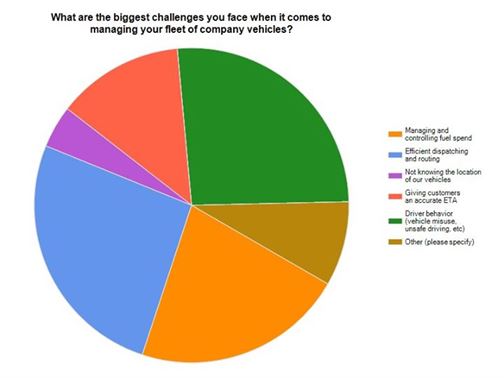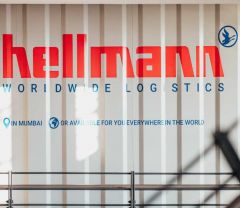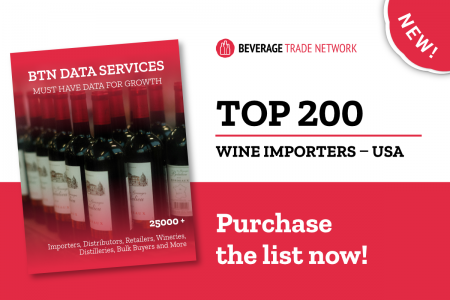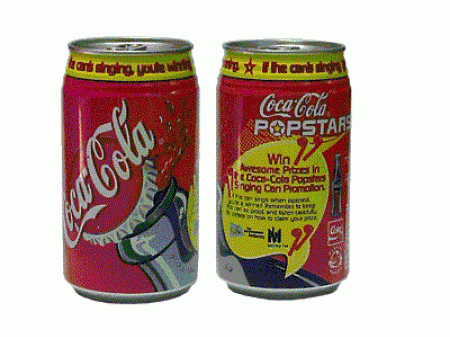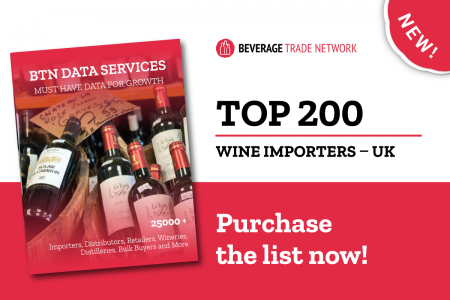Sommeliers Choice Awards 2025 Winners
Tools and Strategies to Reduce Fuel Costs and Improve Fleet Management
Q&A with Todd Ewing, Director of Product Marketing, Fleetmatics to discuss ways in which the fleet technology can create efficiency and drive down costs for distributors

BTN Interview with Todd Ewing, Director of Product Marketing, Fleetmatics
Subject: Tools and Strategies to Reduce Fuel Costs and Improve Fleet Management
Generally speaking, how do fleet management systems work and how can they benefit beverage distributors?
Fleet management systems provide any fleet-based or mobile business with a complete, up-to-the-minute picture of their entire fleet. Through advanced GPS tracking and sensor technology, the system can provide updates like the exact location of fleet vehicles in near real-time 24 hours a day, historical data of each vehicle (i.e. when it started-up, when it shut down, idling status, location, speed and more) and preventative maintenance information to flag potential risks or necessary upkeep for the vehicle.
In regards to benefits for beverage distributors specifically, we know this is a fiercely competitive industry that’s facing pressures like narrowing margins, increasing fuel costs and increasing costs associated with managing operations, in general. Fleet management technology enables beverage distribution businesses to gain better visibility into their business operations in order to drive down costs and better serve customers quickly and efficiently. Other benefits include: increased driver productivity, virtual elimination of losses from theft, better insurance rates, hours of service compliance, speeding incident reduction, increased revenue. Reduced fuel usage is another big one, which alone can quickly pay for the system.
Do you have any customers in the beverage distribution industry, and if so, what kind of results have they seen from utilizing fleet management technology?
We do indeed. One example is M.L. Wismer Distributing, a 50+-year-old beer distributing business based in Texas. Wismer has 64 trucks in its fleet and utilizes our technology for a wide range of detailed reports and alerts, from real time location data of any vehicle, speed, routes, distance traveled, engine start up and shut down time, fuel usage, and much more. They also utilize our Idle Report that reveals true idle times (when ignition is on and the vehicle is not moving). This report includes idle stop and start times, location of idling, total idle time, and alerts when idle times exceed a set threshold. This report alone can reduce fuel usage, improve routing, and decrease engine wear.
In terms of specific ROI, M.L. Wismer is saving at least 4.5 gallons of gas per week, per vehicle. With over 60 vehicles, that adds up quickly. It’s saving the company $2,835 per month on fuel. M.L. Wismer’s General Manager, Jim Coker, noted the fuel savings alone, regardless of all the other benefits, pay for the system itself. Other benefits Coker cites include improved driver productivity, lower overtime costs, enhanced security for drivers and vehicles, reduced weekend activity and lower liability, and improved customer-response times and satisfaction.
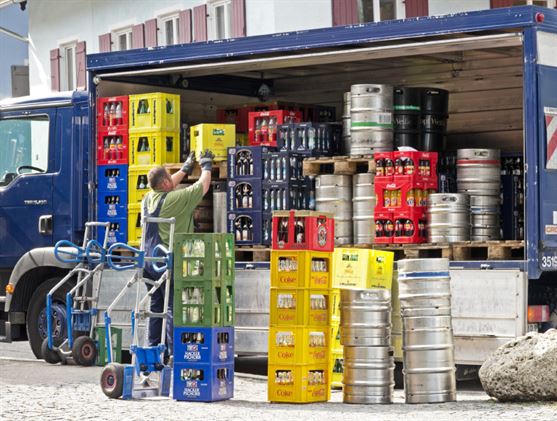 What are criteria businesses should consider when looking for a fleet management solution?
What are criteria businesses should consider when looking for a fleet management solution?
Here are some criteria you’ll want to ensure your fleet management solution offers in order to know you’re getting the baseline feature set for the investment:
• Pricing flexibility – Many companies would balk at a major upfront investment in software installed on their own IT system (on-premise software) that would require additional expenditures when updates were required. Most want the flexibility to pay a monthly subscription to software that is updated by the vendor at the vendor’s own expense and run on the vendor’s systems (software-as-a-service).
• No add-on fees for key reporting options – Reporting should save you money, not cost you money. The solution you select should provide a reporting suite for no extra charge. All vehicle tracking systems should have extensive reporting options included in the basic monthly cost.
• Integration with fuel cards – While not all SMBs have fuel cards quite yet, it’s a growing trend to control costs. Fuel card integration marries fuel transaction data with vehicle activity to create reporting that helps businesses save money in the most obvious way- by helping you control fuel costs. You can understand true MPGs and find exceptions where fuel cards are not used appropriately. This may be an extra charge, but as your business grows, fuel card integration becomes essential.
• Dashboards and trending on key metrics – There are times when you need the details in reporting, but day to day the easiest way to spot problems is using rankings, charts and trend lines to see where coaching opportunities exist to reduce engine idling, mileage and stop time. Make sure your system gives you clear, visual dashboards that minimize the time it takes to find your biggest opportunities to improve.
• Communication and navigation options – As a distributor you know that last night’s plan can expire pretty early in the day. You need tools to communicate changes on the fly and ensure your routes stay tight. Options like Garmin integration can keep things running smoothly by allowing you to send a new stop from your tracking system directly to your driver in the field. They press “Go” and receive optimized directions to the next destination.
• Ongoing customer support, at no extra cost – Customer support shouldn’t cost you anything additional, regardless of the length of time you’ve been a customer. If you’re considering a provider that doesn’t offer free ongoing support, you should keep looking.
Aside from some of the more obvious benefits of fleet tracking, like fuel savings, what are other ways that this technology can create efficiencies and drive down costs for distributors?
Some of the lesser-known benefits include:
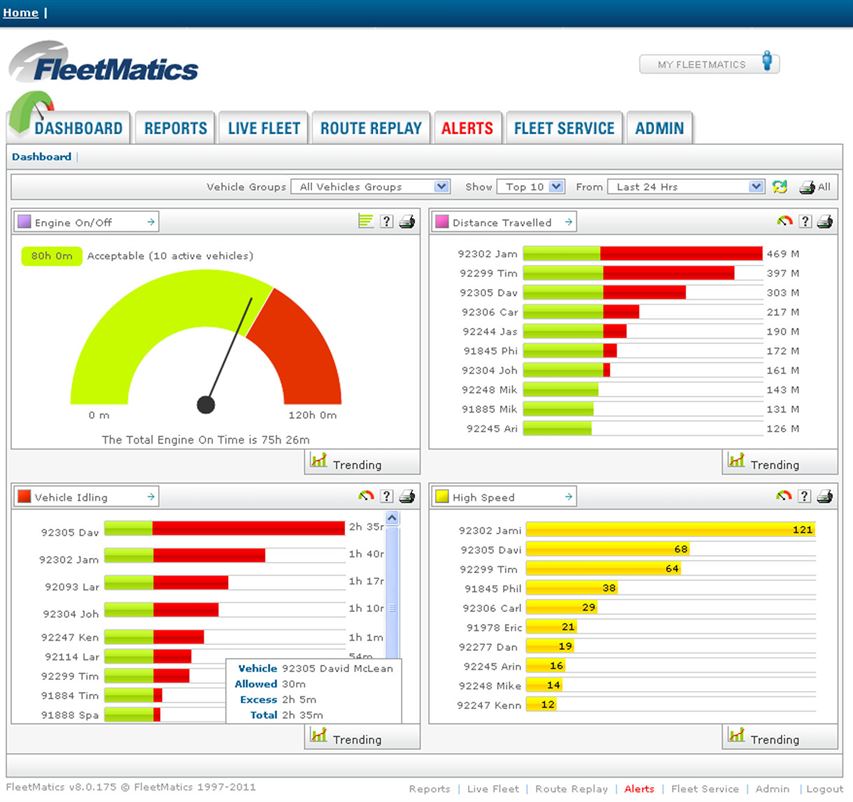 • Increasing workforce productivity:
• Increasing workforce productivity:
o Reduce overtime
o Eliminate time sheet fraud with true start/finish times
o Monitor private vehicle use
o Quickly detect excessive overtime hours
o Eliminate prolonged stop time
• Eliminating unauthorized vehicle use:
o Instantly flag movement of your vehicles during non-working hours
o Easily detect and confirm that planned stops were made
o View and replay any journey made by your vehicles
o Confirm that only your employees are driving your vehicles
• Increasing fleet security and safety:
o Curb unsafe driving habits before they lead to more serious issues
o Quickly recover stolen fleet vehicles
o Reduce speeding to lower the risk of accidents and tickets
o Decrease insurance costs
o Respond quickly to emergencies by knowing the precise location of field technicians
• Improving customer service:
o Get to your customers faster and respond quickly to customer emergencies
o More deliveries per driver per day
o Offer tighter time windows for deliveries
o Provide historical proof of service
o Make service calls more efficient
o Allow your customers to track your vehicles from your website
• Providing evidence in legal instances:
o We’ve had customers utilize data they got from our fleet tracking system to assist them in lawsuits. C. Jones Trucking recently found itself in the unenviable position of having to defend itself in a lawsuit filed by its own employees. C. Jones Trucking’s employees claimed that they never traveled out of state on the job and were due $120,000 in overtime pay. But trucking companies may be exempt from paying time-and-a-half for overtime if the vehicles travel out of state. Since the vehicles were being tracked during the time in question, C. Jones was able to pull reports that proved the vehicles were indeed out of state.
What does it take to get a fleet management system up and running? How in-depth is the implementation process?
It’s extremely simple, and the little bit of the heavy lifting that’s involved should be handled by the provider. The company should go to your location and install the GPS receivers on your vehicles at your convenience. If it’s a Software-as-a-Service (SaaS) based solution, there won’t be any software to install on your computer – just log in – and get started. The provider should also offer free training to get you up and running and to answer any questions you have post-installation.
What if a beverage distributor has a small fleet of only a handful of trucks? Is there an ideal fleet size for maximizing the return of a fleet management system?
We consider a fleet to be as little as five vehicles, so fleet management technology can be a major driver of cost savings and operational efficiency for businesses of almost any size and across virtually any industry. There is no ideal fleet size for maximizing the return on investment for a fleet management system. If you have remote workers out in the field that are using company-owned vehicles to get there, fleet management can be of immense assistance.
Todd Ewing is Director of Product Marketing at Fleetmatics, a leading global provider of fleet management solutions for small and medium-sized businesses delivered as software-as-a-service (SaaS). For more information, visit www.fleetmatics.com.
